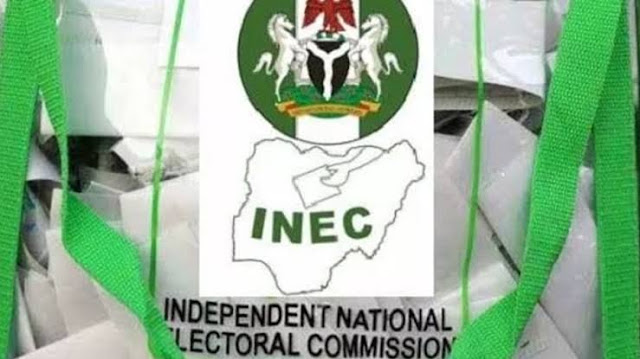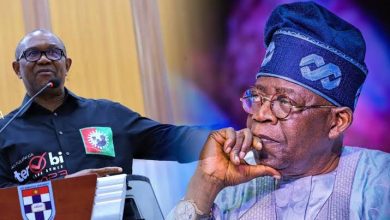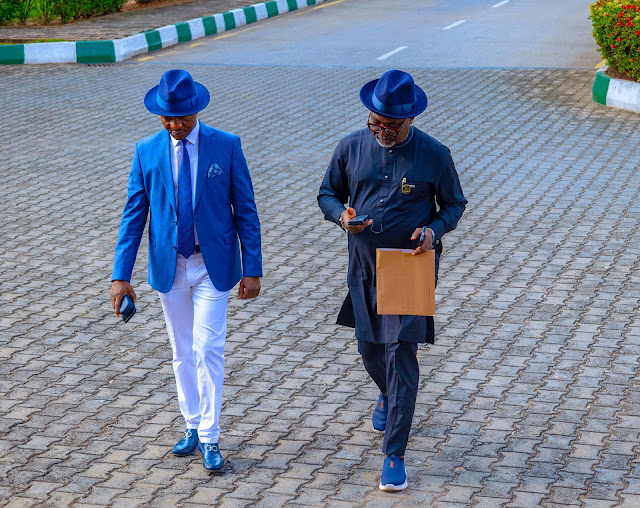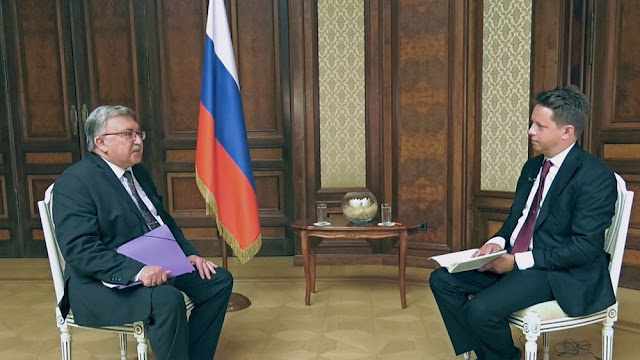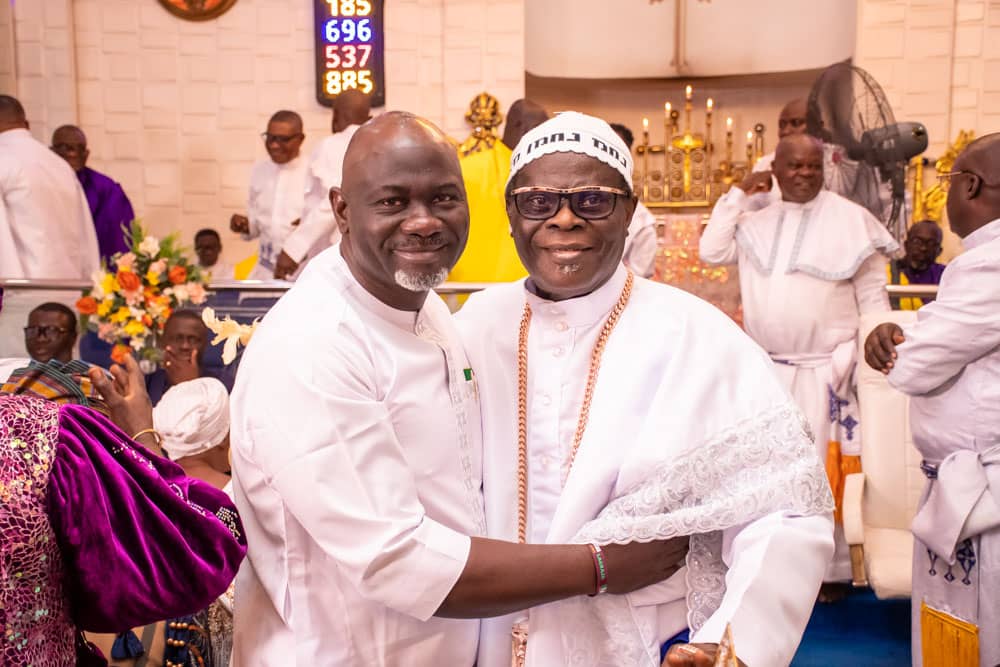In a significant development that could help stabilize the internal dynamics of one of Nigeria’s longstanding political parties, the Independent National Electoral Commission (INEC) has formally recognized the National Working Committee (NWC) led by Alhaji Shehu Musa Gabam as the authentic leadership of the Social Democratic Party (SDP). This announcement, detailed in an official letter addressed to the Federal Capital Territory (FCT) Police Command, comes at a time when the SDP has been plagued by a protracted leadership tussle, threatening its cohesion ahead of crucial political engagements. The letter, signed by INEC’s Secretary, Rose Oriaran-Anthony, not only lists the names of the legitimate executives but also serves as a directive to law enforcement authorities to recognize this faction in any dealings related to the party. This move underscores INEC’s role as the arbiter of political party affairs in Nigeria, ensuring that only duly elected officials are acknowledged in official capacities.
The SDP, founded in 1983 during the Second Republic as a platform for progressive politics, has a rich history of contributing to Nigeria’s democratic evolution. It was one of the two major parties under the military regime of General Ibrahim Babangida in the late 1980s and played a pivotal role in the transition to civilian rule in 1999. However, like many Nigerian political parties, the SDP has not been immune to internal conflicts, factionalism, and power struggles that often arise from ambitions for control over party structures and resources. The current crisis, which erupted publicly in recent months, revolves around allegations of misconduct leveled against the Gabam-led executive by a rival faction, leading to the suspension of key members and the announcement of an alternative leadership under Dr. Sadiq Abubakar Gombe as Acting National Chairman.
This recognition by INEC is particularly timely, as Nigeria approaches the 2027 general elections. Political parties are required by law to maintain stable leadership to participate in electoral processes, including primaries, candidate nominations, and campaign activities. Any unresolved internal disputes could lead to disqualifications or legal battles that undermine the party’s electoral prospects. By intervening in this manner, INEC is not only clarifying the legitimate authority within the SDP but also sending a broader message to other parties and stakeholders about the importance of adhering to constitutional conventions and electoral guidelines.
The Genesis of the SDP Leadership Crisis
To fully appreciate the significance of INEC’s intervention, it is essential to delve into the origins and evolution of the crisis within the SDP. The Social Democratic Party was established in 1983 by a group of Nigerian intellectuals, labor leaders, and progressives who sought to promote social justice, economic equity, and democratic governance. Under the military transition program of the 1990s, it merged with other groups to form a broad-based platform that nominated Chief Moshood Abiola as its presidential candidate in the infamous June 12, 1993, election—a poll widely regarded as Nigeria’s freest and fairest but annulled by the military regime, sparking national unrest.
In the Fourth Republic, starting from 1999, the SDP has operated as a minor but influential opposition party, often aligning with coalitions against the dominant People’s Democratic Party (PDP) and later the All Progressives Congress (APC). Its ideology, rooted in social democracy, emphasizes welfare programs, anti-corruption measures, and inclusive governance. However, the party’s modest electoral success—winning a handful of seats in the National Assembly and state houses—has not translated into financial stability or unified leadership, making it susceptible to internal wrangling.
The current tussle traces back to the SDP’s national convention held on June 8, 2022, at the International Conference Centre in Abuja. This event was meant to elect a new NWC to steer the party through the 2023 general elections and beyond. Alhaji Shehu Musa Gabam, a seasoned politician from Kaduna State with a background in public administration and party organization, emerged as the National Chairman. Gabam, who had previously served in various capacities within the party, was elected unopposed in what was described by supporters as a transparent process attended by delegates from across the country’s 36 states and the FCT. Other key positions were filled by individuals like Dr. Olu Agunloye as National Secretary, Ambassador Rufus B. Aiyenigba as National Publicity Secretary, Hajiya Sa’adatu Abdullahi as National Speaker for Women, Dr. Aderemi Abimbo as National Legal Adviser, and Senator Mohammed Alkali as National Vice Chairman for the North-West.
However, dissatisfaction brewed among a faction of party members who accused the Gabam-led executive of mismanagement, financial impropriety, and failure to deliver electoral victories in 2023. In the lead-up to the 2023 elections, the SDP fielded candidates, including Adewole Adebayo for the presidency, but performed poorly, securing less than 1% of the national vote. This underwhelming result fueled grievances, with critics arguing that the leadership lacked strategic vision and outreach. By mid-2024, tensions escalated when the dissident group, comprising influential figures from various geo-political zones, issued a suspension notice against Gabam and two other NWC members—specifically citing alleged misconduct such as unauthorized expenditure and disregard for party decisions.
In response, this faction, led by Dr. Sadiq Abubakar Gombe, a medical doctor and political activist from Gombe State, declared itself the interim leadership. Gombe, who has a history of involvement in SDP youth wings and advocacy for healthcare reforms, positioned himself as a reformer aiming to “rescue the party from decay.” The announcement of Gombe as Acting National Chairman was made public through press releases and social media, claiming legitimacy based on an emergency national executive meeting. This parallel structure created confusion, with both factions holding separate meetings, issuing statements, and even attempting to control party assets like bank accounts and headquarters access.
The crisis deepened when legal actions were initiated. The Gabam faction approached the courts to seek injunctions against the rival group, while Gombe’s supporters filed complaints with INEC and security agencies, alleging impersonation and unauthorized use of party symbols. Reports emerged of scuffles at the SDP secretariat in Abuja, prompting the FCT Police Command to intervene to prevent violence. It was in this context that the police wrote to INEC on an unspecified date in late 2024 or early 2025, requesting clarification on the authentic executives to guide their operations and avoid recognizing impostors. INEC’s response, therefore, is not just administrative but a critical step toward de-escalating potential conflicts.
INEC’s Role and the Official Letter of Recognition
The Independent National Electoral Commission, established under Section 153 of the 1999 Constitution (as amended) and governed by the Electoral Act 2022, holds the statutory responsibility for registering and regulating political parties in Nigeria. As the umpire of elections, INEC monitors party conventions, verifies delegate lists, and certifies elected officials. In cases of disputes, it acts as the final authority, often referring matters to the courts if necessary. The Commission’s involvement in the SDP matter exemplifies its mandate under Section 85 of the Electoral Act, which requires parties to notify INEC of changes in leadership within specified timelines.
The letter from INEC, titled “RE: Request for Names of the National Executives of the Social Democratic Party (SDP),” was a direct response to the police’s inquiry. Signed by Rose Oriaran-Anthony, the Commission’s Secretary, it reaffirms the validity of the June 8, 2022, convention. According to the document, the election process complied with the SDP’s constitution and INEC guidelines, with no successful legal challenges overturning the results at the time of writing. The letter explicitly states: “The Independent National Electoral Commission (INEC) has recognised the Alhaji Shehu Musa Gabam-led National Working Committee (NWC) as the authentic leadership of the Social Democratic Party (SDP).” This recognition extends to all officers elected during that convention, providing a comprehensive list to dispel any ambiguity.
Key figures listed include:
Alhaji Shehu Musa Gabam as National Chairman: A northerner with extensive experience in party administration, Gabam has defended his leadership by highlighting achievements such as expanding SDP’s presence in southern states and preparing for 2027 primaries.
Dr. Olu Agunloye as National Secretary: An engineer and academic from the Southwest, Agunloye is responsible for party documentation and has been vocal in court battles against the faction.
Ambassador Rufus B. Aiyenigba as National Publicity Secretary: A diplomat with a background in international relations, Aiyenigba handles media communications and has issued statements countering the rival faction’s narratives.
Hajiya Sa’adatu Abdullahi as National Speaker, Women: Representing women’s interests, Abdullahi advocates for gender inclusion in party decisions and has been key in mobilizing female delegates.
Dr. Aderemi Abimbo as National Legal Adviser: A lawyer specializing in electoral law, Abimbo provides legal guidance and has filed multiple suits to protect the executive’s tenure.
Senator Mohammed Alkali as National Vice Chairman, North-West: A former senator from Sokoto State, Alkali bridges regional interests and has mediated internal reconciliations.
The letter also mentions other zonal and state executives, emphasizing that the full NWC comprises 21 national officers and representatives from all geo-political zones, ensuring federal character as required by law.
By addressing this to the FCT Police Command, INEC is effectively instructing security agencies to deal only with the recognized leadership in matters concerning the SDP. This could include protection during party events, investigation of threats, or enforcement of court orders. The implications are profound: Any actions by the Gombe faction, such as calling meetings or endorsing candidates, could now be deemed illegitimate, potentially leading to arrests for impersonation under relevant sections of the Criminal Code.
Reactions from Stakeholders and the Broader Political Landscape
The announcement has elicited varied reactions from within the SDP and the wider political community. Supporters of the Gabam leadership have hailed it as a victory for democracy and due process. In a statement released shortly after the letter’s disclosure, Gabam himself said, “This affirmation by INEC vindicates our commitment to the rule of law and the party’s constitution. We remain open to dialogue with our brothers in the opposing faction to unite for the greater good of Nigeria.” Party loyalists in states like Lagos, Kaduna, and Enugu have organized solidarity rallies, urging members to rally behind the authentic executives.
Conversely, the Gombe faction has expressed dismay, labeling INEC’s decision as biased and politically motivated. Dr. Sadiq Abubakar Gombe, in a press conference, argued, “While we respect INEC’s position, we believe it overlooks the genuine concerns of misconduct that necessitated our intervention. We will pursue all legal avenues to challenge this.” Gombe’s group, which claims support from youth and women’s wings in the North-East and North-Central, has threatened to form a breakaway platform if reconciliation fails. Analysts suggest this could fragment the SDP further, reducing its influence in opposition coalitions.
The police response has been measured. The FCT Police Command, through a spokesperson, confirmed receipt of the letter and pledged to act in accordance with it, stating, “Our role is to maintain peace, and we will recognize only the INEC-approved leadership to prevent any breach of order.” This aligns with broader security concerns in Nigeria’s political space, where party disputes have occasionally escalated into violence, as seen in past PDP and APC crises.
Beyond the SDP, this development resonates across Nigeria’s multi-party system. With over 18 registered parties, leadership wrangles are common, often exacerbated by funding shortages and ethnic divisions. INEC’s intervention sets a precedent, potentially discouraging frivolous suspensions and encouraging adherence to convention outcomes. Political commentators, such as those from Premium Times and Vanguard newspapers, have noted that this could streamline preparations for the 2027 elections, where INEC plans to introduce electronic transmission of results and stricter party audits.
In the context of Nigeria’s democracy, which has endured since 1999 despite challenges like electoral malpractices and godfatherism, such resolutions are vital. The SDP’s crisis mirrors larger issues: the need for internal democracy, transparent financing, and conflict resolution mechanisms. Organizations like the Yiaga Africa and the Centre for Democracy and Development have called for reforms, including mandatory arbitration clauses in party constitutions.
Historical Parallels and Lessons from Past Crises
Nigeria’s political history is replete with party leadership battles that have shaped electoral outcomes. During the First Republic (1960-1966), the Action Group (AG) suffered a split when Chief Obafemi Awolowo’s deputy, Chief Samuel Akintola, formed the Nigerian National Democratic Party (NNDP), leading to regional instability. In the Second Republic, the Unity Party of Nigeria (UPN) faced similar internal strife. The SDP’s own past includes the post-June 12 fragmentation, where remnants reformed under different banners.
More recently, the APC’s 2022 convention saw rival claims between factions led by governors and party elders, resolved only through court interventions. The PDP’s 2015 crisis, culminating in the emergence of the nPDP faction that joined the APC, illustrates how unresolved tussles can realign the political map. In the SDP’s case, the 2022 convention was monitored by INEC, unlike some past events marred by irregularities, which bolsters its legitimacy.
Lessons from these include the importance of INEC’s oversight and judicial neutrality. The Supreme Court’s ruling in PDP v. INEC (2020) affirmed that only INEC can recognize party executives, a principle applied here. Economically, stable parties attract funding from diaspora Nigerians and international donors, crucial for a nation grappling with 40% poverty rates and youth unemployment.
Implications for the 2027 Elections and Future of the SDP
Looking ahead, INEC’s recognition could revitalize the SDP as an opposition force. With Gabam at the helm, the party may focus on policy advocacy, such as economic diversification and security reforms, to differentiate from the APC and PDP. However, reconciliation remains key; unaddressed grievances could lead to low voter turnout or defections.
For the police and security apparatus, this clarifies operational protocols, reducing risks of complicity in factional disputes. Nationally, it reinforces INEC’s credibility, especially after criticisms over the 2023 elections. As Nigeria marks 25 years of uninterrupted democracy in 2024, such steps toward institutional strengthening are encouraging.
In conclusion, INEC’s revelation of the authentic SDP executives is a beacon of order in a turbulent political arena. By affirming the Gabam-led NWC and communicating this to the police, the Commission has not only resolved an immediate crisis but also underscored the pillars of democratic governance: legality, transparency, and unity. As the SDP navigates this chapter, the nation watches, hopeful for a more cohesive path to 2027.


